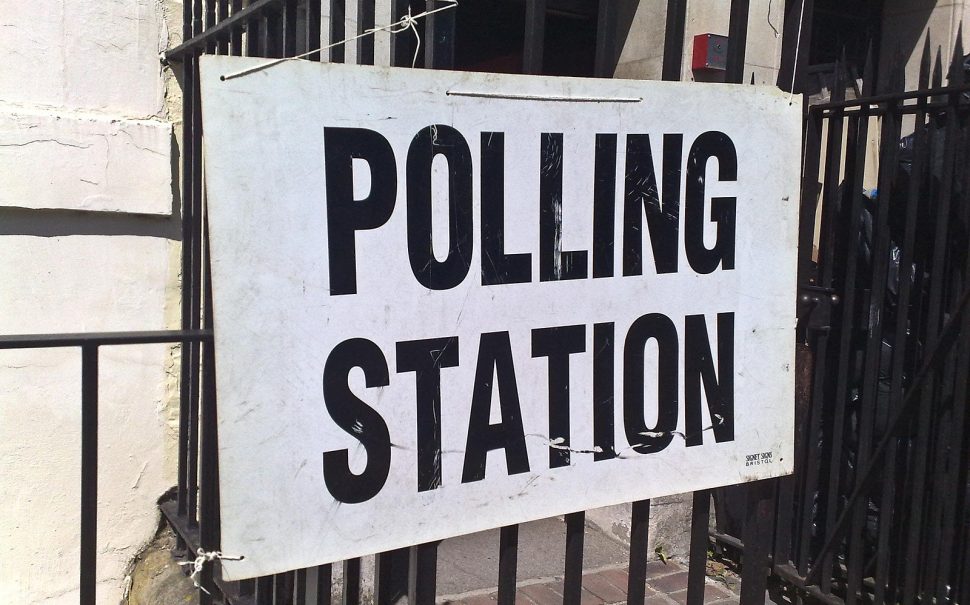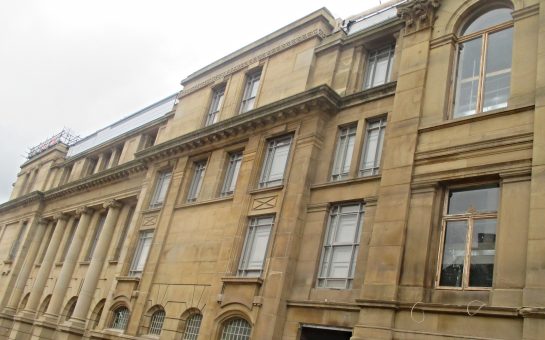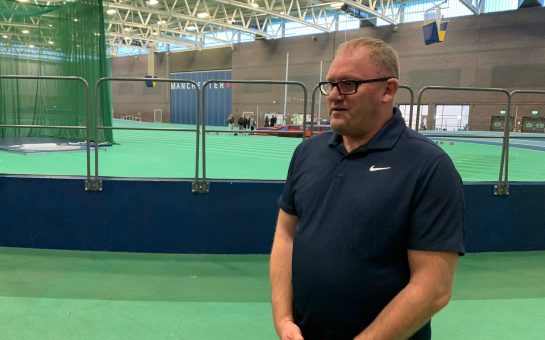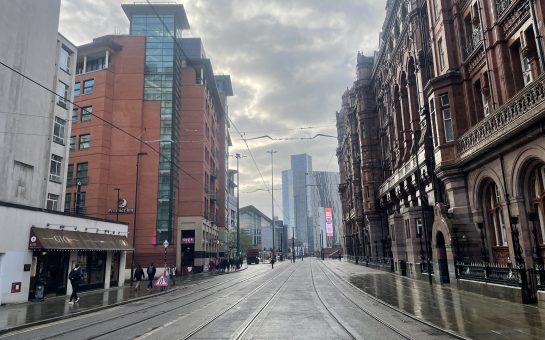Local council elections across all 10 Greater Manchester boroughs as well as mayoral elections in Salford and Greater Manchester will take place on Thursday.
Around 2,660 seats are being contested across the region and with parliamentary general elections lingering in the distance, this year has extra significance.
Within each council, one third of the councillors are up for election this year, so there is potential for the political balance in each borough to change significantly.
What specifically are you voting for?
If you are a Greater Manchester resident and you are on the electoral register then you have the right to vote in the upcoming elections in your borough.
Depending on where exactly you live, you will have a specific ward that you are voting in, electing a councillor that will sit for a four year term.
Each of these councillors is likely to represent a political party, such as Labour, Conservative, Liberal Democrat and Reform UK, alongside any other smaller parties or councillors who may run on an independent mandate.
These local elections, where one third of the composition is elected every four years with one year where no one is elected, will happen in Bury, Bolton, Oldham, Manchester, Tameside, Trafford, Rochdale, Stockport, Salford and Wigan.
Alongside this, if you are a Manchester City resident, then you will be able to vote in the Manchester mayoral election.
This is currently Andy Burnham (Labour) who is in charge of Greater Manchester Combined Authority (GMCA).
The GMCA is a type of English devolution, where the mayor has a specific policy remit for the entire region and his cabinet is made up of the leaders of the 10 borough councils in Greater Manchester.
While voting for the councillor you would like to represent your ward, you will also have a separate ballot paper to vote for your preferred mayor candidate.
In Salford, voters will also be voting for their mayor who is responsible for delivering all of the city council’s services.
All of the elections will be using the first past the post system, whereby the candidate with the most votes is elected into office.
How do you vote?
If you have successfully registered to be on the electoral register, then you will have received a poll card each of the elections you are entitled to vote in.
It is not a requirement for you to bring this when you vote, but it will help streamline the process.
As of the 2023 local elections, all voters require some form of ID to be able to enter the polling station – these can include a passport, a driving licence, a blue badge or a voter authority certificate.
This must include an accurate photo and the name that you used when you signed up to the electoral register.
From 7am-10pm on Thursday May 2nd, you will be able to visit your local polling station to have your say on the candidates.
The polling card you will have received from the electoral commission will detail which polling station you should attend.
When faced with the ballot paper, you will be required to write an X into the box next to the candidate that you would like to vote for.
Once the poll stations close, votes will be taken from each ward to a centre where they are counted throughout the night. The results will likely be published the following morning.
Featured image: Creative Commons Attribution-ShareAlike 2.0




